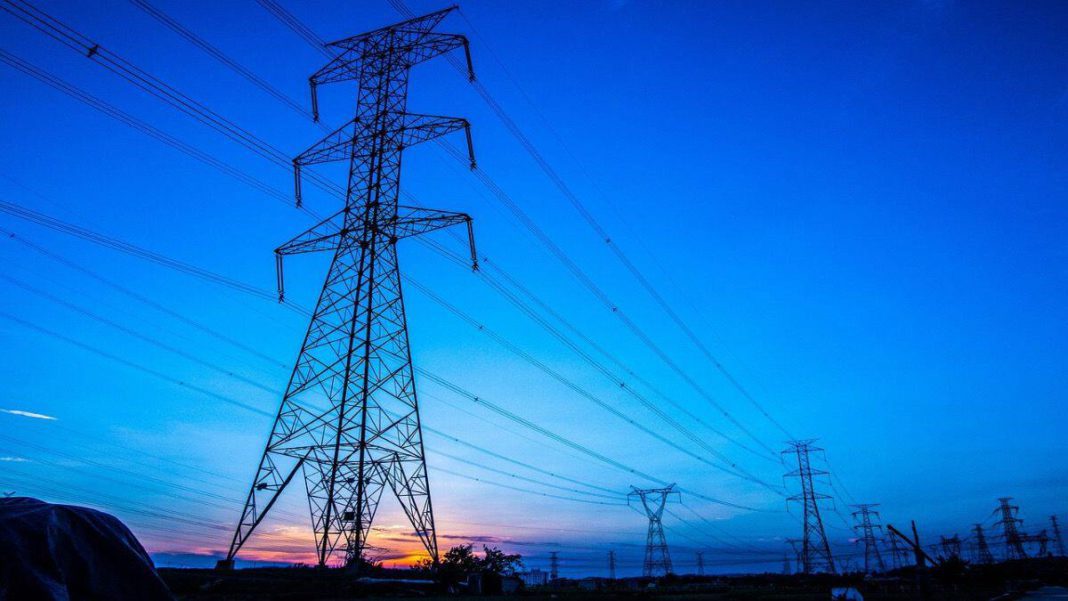ENGLAND: The price cap was lowered by Ofgem in response to a decline in wholesale energy prices, resulting in lower energy bills for millions of British homeowners in July. Britain and Italy have the joint-highest inflation rates among the Group of Seven countries, so the news is welcomed. Consumer price growth slowed from March but still reached high levels in April, rising 8.7%.
Ofgem CEO Jonathan Brearley said that the market is stabilising and prices are moving in the right direction, with a new price cap of 2,074 pounds ($2,618) a year for average dual-fuel use. This is a 40% decrease from the prior cap level.
The government has put in place a guarantee to maintain the average annual cost of energy at 2,500 pounds per year since October, resulting in a price decrease of 17% for most British homes. This was to help with a cost-of-living pinch.
According to Brearley, Energy prices are still high and expected to stay high, making it difficult to manage bills. Last year, energy costs in Britain and Europe reached record highs due to Russia’s invasion of Ukraine and decreased gas supply. The pricing ceiling as of October 2020 was £1,042 per year.
The high cost of energy is a sign that the government needs to invest in energy-saving measures to reduce consumption and costs. This includes stepping up energy efficiency programmes, assisting the public with energy debt, and reforming energy pricing arrangements.
Ofgem announced that the amount of profit energy suppliers could make under the price cap will be boosted as part of market reforms, reducing fuel poverty in 6.6 million British homes. This is a measure of how much of a household’s income is spent on energy.
The average annual bill will increase by 10 pounds due to adjustments made by Ofgem to ensure businesses can raise more money, maintain profitability, and reduce company failures. This has increased annual bills by an average of 83 pounds.
Also Read: Imposing a Petrol Price Cap Would Be Dangerous: EU



